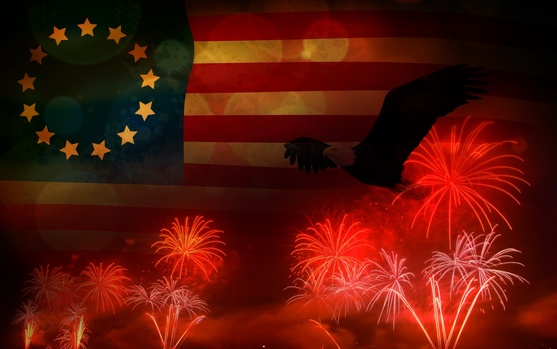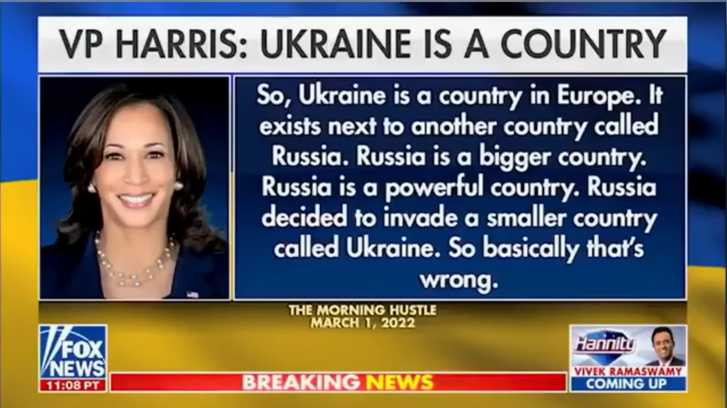
Independence Day. A day of BBQ's, fireworks, parades and flag displays (at least, for those not offended by it yet). On average, Americans do get the gist of what the holiday is all about. Just try not to pay too much heed to those infamous "man on the street" interviews of college students on YouTube.
So not to worry, this isn't one of those articles lecturing you on the true meaning of Independence Day. Mostly.
Here are just a few interesting facts that you probably didn't already know.
- Independence was actually unaminously declared by the Continental Congress on July 2nd of 1776, not July 4th. July 4th was the day that they had completed drawing up the document to inform the public, which was read to them in what is now called Independence Square (in Philadelphia, Pennsylvania) on July 8th. The framers signed the document on August 2nd. In case you were wondering why John Hancock's famous signature is the largest and framed at the center of the other signatures on the first line, it was because of his status as President of the Congress.
- Three of the founders not only would become Presidents of the United States, but would die on the same date... July 4th... two of them on the exact same day. In 1826, Thomas Jefferson (3rd president) died at the age of 83 at his home in Monticello, Virginia shortly after noon. John Adams (2nd president) died only a few hours later in Quincy, Massachusetts at the age of 90. The year 1826 was the 50th anniversary passage of the Declaration of Independence. Only five years later, the 5th president of the United States, James Monroe died at the age of 73. Many scholars and historians agree that three founders who became president, all dying on the same date, two on the exact same day, is an incredible coincidence. One could almost call it divine intervention.
- It wasn't really so much Great Britain that we declared independence from than it was our own government. One needs to remember that our ruler at that time was King George III. It wasn't the "Stars and Stripes" that flew from the flagpoles of the colonies, it was the Union Jack. It wasn't a foreign power the colonies fought against, it was their own rulers.
Hence the term "Declaration of Independence". You don't declare independence from a foreign power. Nor do you fight a "Revolutionary War" against a foreign power. You revolt against those who rule you.
Try to remember that if someone asks you "who did we win the Revolutionary War against?" Tell them "our own government" or even "King George III" instead of "England". Watch the looks on their faces.
And hope that we never have to fight another one.














